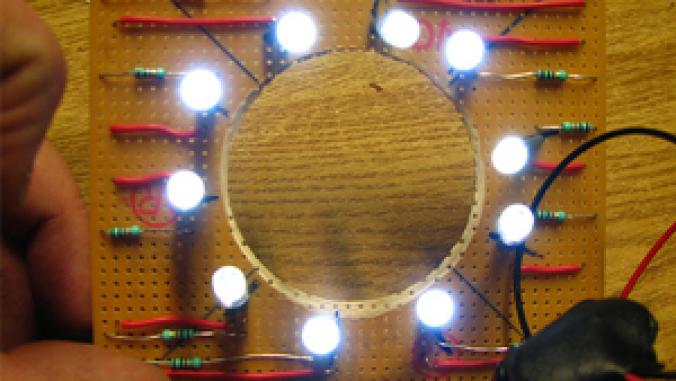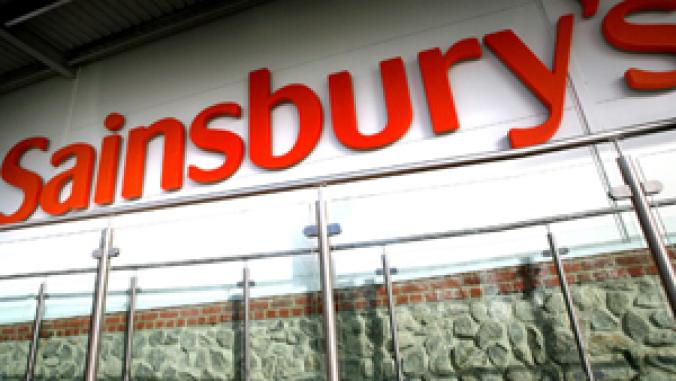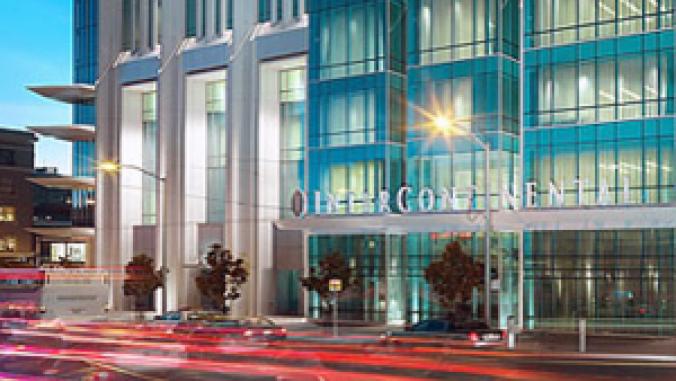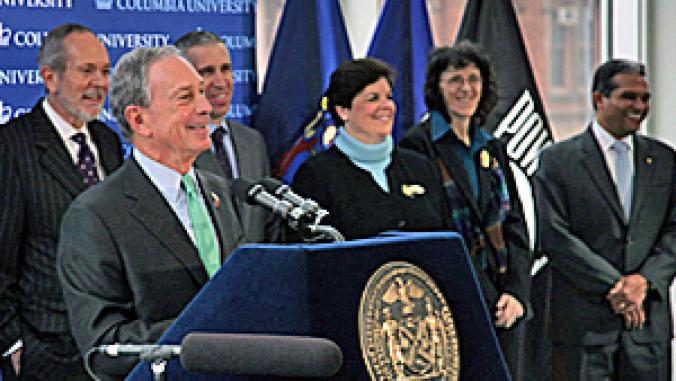Safeway Enlists Hara to Shrink Energy Use and Carbon Footprint
<p>With 1,730 stores in the U.S. and western Canada, Safeway Inc. has contracted with environmental and energy management software firm Hara to help reduce energy consumption as well as the retail grocer's greenhouse gas emissions.</p>

With 1,730 stores in the U.S. and western Canada, Safeway Inc. has contracted with environmental and energy management software firm Hara to help reduce energy consumption as well as the retail grocer's greenhouse gas emissions.
The Fortune 50 company based in Pleasanton, Calif., is using Hara to consolidate its energy and environmental data onto a single, centralized platform. That platform will collect, monitor and manage information on energy costs, greenhouse gas emissions and market data from Safeway's facilities.
With the information, the system can forecast and model energy use at the firm's stores, distribution centers and fuel stations, which is to enable Safeway to better control its consumption and utility spending.
{related_content}"We have a long history of reducing our energy costs through innovative supply arrangements and implementation of energy efficiency projects," Joe Pettus, Safeway's senior vice president of fuel and energy, said in a prepared statement announcing the contract today. "We believe that by implementing the right tools, we will be well positioned to make significant progress towards our goals."
Safeway, which launched its Greenhouse Gas and Sustainability Initiative in 2006, has a goal of reducing its greenhouse gas emissions by 6 percent from a 2000 baseline by 2011 and charted its progress in its most recent sustainability report.
In January, the U.S. Environmental Protection Agency ranked Safeway No. 7 among the top 20 retailers that purchase green power in the United States.
The company began its renewable energy program in 2005, and in 2008 it pledged to purchase enough renewable energy certificates to meet 100 percent of electricity use at its more than 300 fuel stations in the country, its corporate headquarters and all supermarkets in San Francisco and Boulder. In addition to the purchase of RECs, the company also has completed 14 solar projects at its facilities.
Safeway has been a member of the EPA's SmartWay Transport Partnership since 2006 and converted its entire U.S. big rig fleet to biodiesel in 2008. The retail grocer also is a member of the Chicago Climate Exchange and California Climate Action Registry.
The company also has an aggressive recycling program. In California, its stores divert 85 percent of its solid waste from landfill.
Hara, a startup based in Redwood City, Calif., launched its environmental and energy management software (Hara EEM) in June 2009. Its clients include Coca-Cola, News Corporation, Intuit, Brocade, Aerojet, Akamai and the cities of Palo Alto and San Jose.
Image CC licensed by Flickr user Chris Harley.




